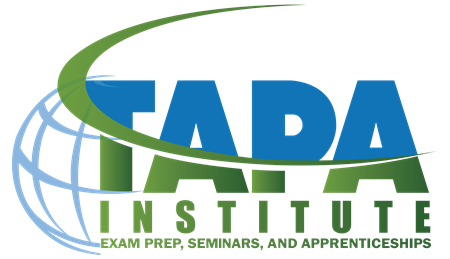The Real CPA Exam Cost & Licensing Fees
The prestigious CPA designation unlocks a world of career opportunities and professional growth. However, embarking on the journey to CPA licensure requires dedication, strategic planning, and often, a significant financial investment. Understanding the CPA exam cost and CPA licensing fees is crucial for anyone planning to become a Certified Public Accountant. This article provides a comprehensive breakdown of the various costs associated with the CPA Exam, empowering you to make informed decisions as you pursue this rewarding credential.
Understanding the CPA Exam Cost Landscape
The total cost of the CPA Exam encompasses several key components:
Application Fees: Each state board of accountancy charges a fee to initiate the CPA exam process. These fees typically range from $50 to $200.
Examination Fees: The National Association of State Boards of Accountancy (NASBA) sets the standard examination fees, with slight variations by state. Expect to pay approximately $225 per section, resulting in a total of $800 to $900 for all four sections.
Registration Fees: Similar to examination fees, registration fees are determined by your state board and typically range from $60 to $300 per section.
Study Materials: Investing in high-quality study materials is crucial for exam success. The cost varies depending on the format (e.g., books, online courses, live lectures) and provider you choose. Expect to spend anywhere from $23 to $1649 on study materials from providers like TAPA Institute.
Retake Fees: If you need to retake a section, you'll incur additional fees for registration and the exam itself. These fees are usually comparable to the initial costs.
Optional Costs: Additional expenses may include travel and accommodation for testing at designated locations, technology upgrades for online resources, and tutoring or coaching services, which can range from $75 to $200 per hour.
Navigating the Financial Investment
While the cumulative cost of the CPA Exam can seem substantial, it's crucial to remember it's an investment in your future career. CPAs typically earn significantly more than non-CPAs throughout their careers, potentially recouping the initial investment several times over.
Here are some strategies to manage the financial burden:
Research and compare costs: Explore different study material providers like TAPA Institute, exam prep courses, and potential tutoring options to find solutions that align with your budget and learning style.
Seek scholarships and grants: Several organizations offer financial assistance to aspiring CPAs. Research and apply for relevant scholarships and grants to offset exam costs.
Consider a payment plan: Some exam prep course providers like TAPA Institute offer flexible payment plans, allowing you to spread the cost over time.
Explore employer reimbursement: Many employers recognize the value of the CPA designation and offer financial assistance to employees pursuing the exam.
Conclusion
Pursuing the CPA designation involves a significant financial investment, but the rewards in terms of career opportunities and earning potential make it a worthwhile endeavor. While many aspiring CPAs focus on study materials and preparation, it's important not to overlook the total CPA exam cost and CPA licensing fees involved in the certification process. By understanding the various costs associated with the CPA Exam—including application, examination, registration, study materials, and potential retake fees—candidates can better plan their journey. Strategic financial planning, such as researching study material providers like TAPA Institute, exploring scholarships, considering payment plans, and seeking employer reimbursement, can help manage these costs effectively. Ultimately, the investment in becoming a CPA can lead to substantial professional and financial benefits, making it a valuable pursuit for aspiring accountants.

